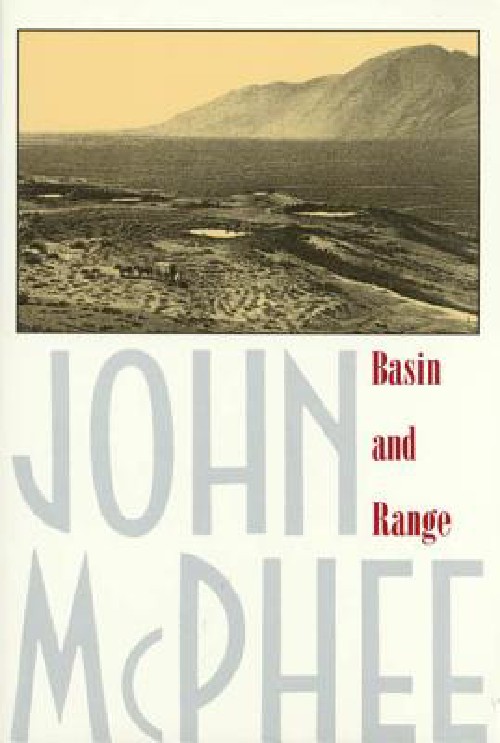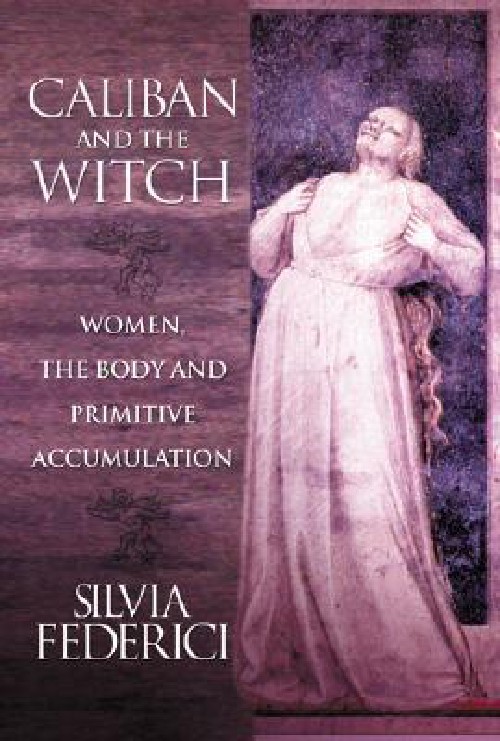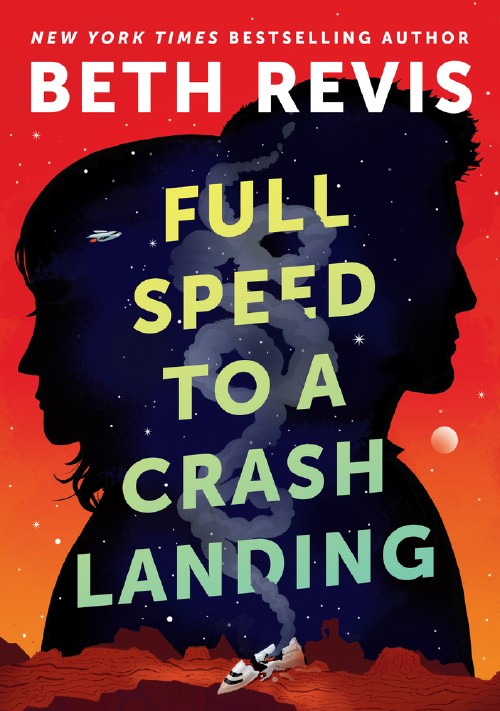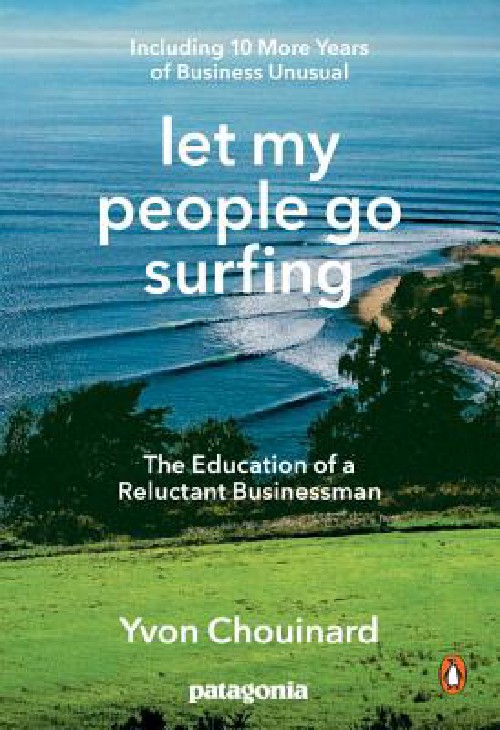I’ve been thinking about this book ever since I finished it a few months ago. Oreskes and Conway have written a significant and important book that, due to the nature of topics covered, has little chance of speaking to the people who would most benefit from it. The book is a well-documented history of how certain scientists who first came to prominence in the nuclear program and some cold war programs have strategically worked to misrepresent scientific findings, spread doubt through confusions of issues, and otherwise use their power and connections to protect corporate or political interests. The books is an uncovering of conspiracies large and small. It is eye-opening, depressing, and deeply infuriating.
It is also a book of strange irony as many of the topics covered – the ozone hole, acid rain, and climate change – are topics that conspiracy theorists are well versed in. Only in the conspiracy theorist’ views scientists are the ones conspiring to control the government or corporations or other more secretive interests to gain power. What Merchants of Doubt documents is there are scientists conspiring but they represent parts of the government, or corporations, or yes, secretive interests in the form of thinktanks, but it is almost always not the scientists who are actually researching the issue in question. The conspiracy theorists are not wrong to think that people are pulling the fleece over their eyes they just can’t imagine that the fleece pullers are the people they think are reasonable.
The authors have spent extensive time researching available documents and accounts of political decisions around Star Wars missile defense, Acid Rain, the hole in the Ozone layer, Secondhand Smoke, and global warming. What they have found and recorded in the book is that a few specific men are the central dissenting voices on each topic - whether or not these men have any expertise or knowledge of the subject at hand. Rather, these men develop strategies over time to confuse the public and political debates around the issue. In every single instance these men are on the side of status quo - spreading doubt and actively working to hinder progress that is required to properly address the issues.
Merchants of Doubt hit home for me because I grew up in the south, in Evangelical Christian culture where science was a controversial topic. There was trustworthy science: basic biology and chemistry and even physics but somehow the more advanced science got the less it could be trusted. The earth couldn’t be older than X many years and God was in charge of the earth and so we might make small mistakes but there was some sort of vague upper limit to the amount of change we could affect upon the world. Acid rain wasn’t a problem until we fixed it and then thank the Lord that he had saved us… from the thing that wasn’t a problem to begin with. Climate change was nothing to worry about and environmentalists (a term that was used to mean “liberals” or “scientists” or “anyone who was worried about climate change”) were all just trying to generate fear so they could increase their power.
This view on how things works was persuasive and was wrapped up in the persecution complex that evangelicals strive to maintain even as they have access to most seats of power in this country. This view was my view for a long time. My personal journey from considering climate change a huge conspiracy to now believing that it’s one of the most pressing issues of our time is something I don’t know that I fully understand. Because of this, reading Merchants of Doubt was slightly redemptive as it provided evidence that my previous ignorance was not only due to my idiocy. The confusion and doubt was made possible – was placed on the realm of possibility – because certain people were actively working to create that doubt.
But Merchants of Doubt is also depressing because the people sowing the doubt and working to confuse the scientific consensus on critical issues are smart, well-respected men. They are not idiots and that means that the strategies they use have been refined and improved over time. Furthermore, they have decades of connections to high-profile people. They are the men called on to vet government papers and advice presidents and it is this very access that has made it easier for them to further the interests of the corporations and idealogues they represent. I personally found it extremely disconcerting how their power to hinder progress grew over time despite the fact that in each case their positions were wrong and prevailing wisdom would eventually catch up to this fact.
The overwhelming question before us today is not whether or not climate change is happening nor is it whether the source of climate change is anthropogenic. From a statistical and evidentiary perspective these are settled questions. The question before humanity – especially before the economic powers of the world – is whether we can muster the money and support to make the changes that are necessary to prevent a worse future. Oreskes and Conway have, in this book, documented how many strategies are available to those wish to delay progress on that question in order to seek profit and preserve their power and roles in the status quo. Those strategies have proved successful and difficult to defeat and the fact that they continue to be successful requires us to to defeat or work to address the conspiracists before we can build enough consensus to answer the bigger question.



